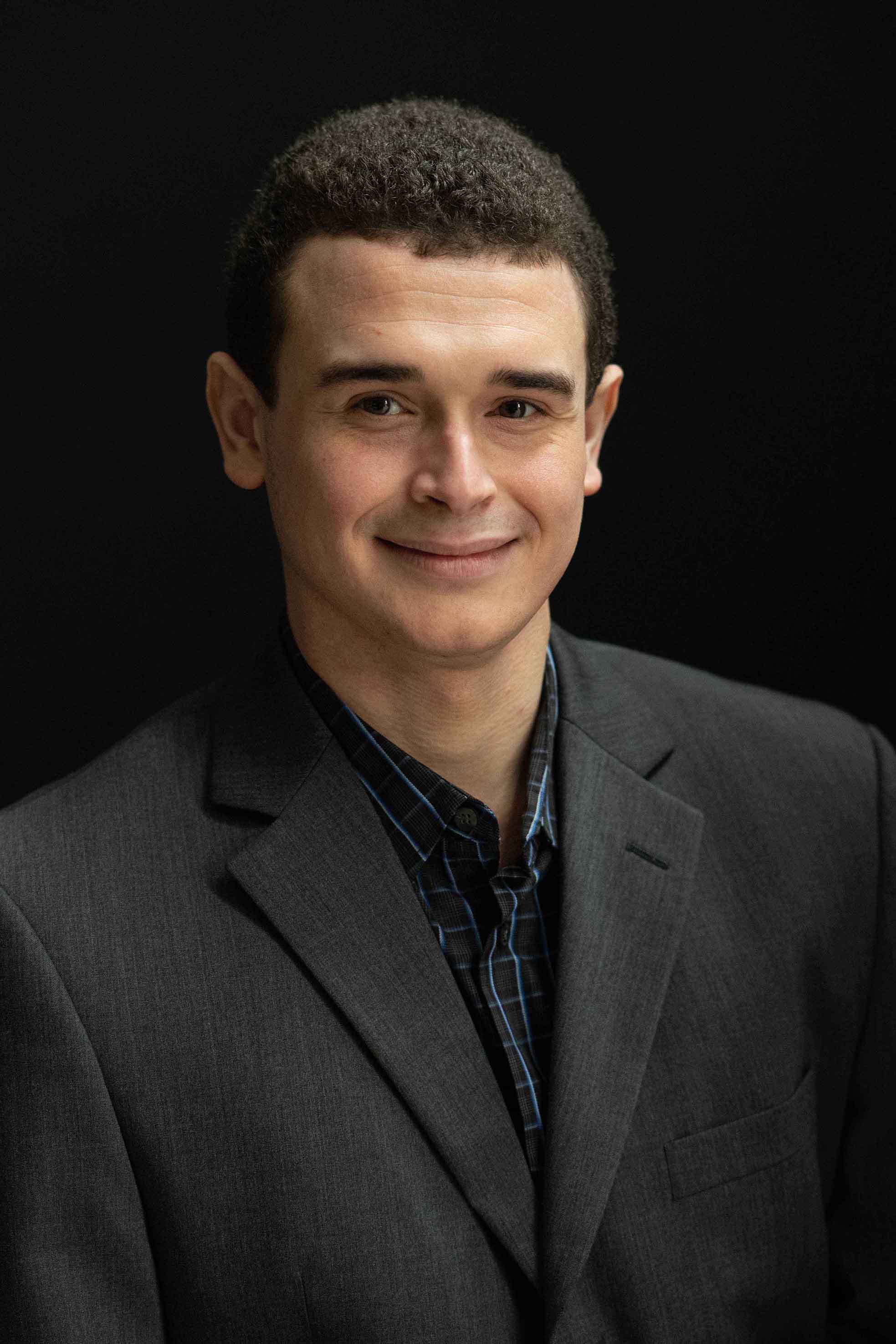The Graduate School, in collaboration with the University of Memphis Division of Research & Innovation, will select and showcase one or two graduate students per month to feature in our R+I monthly newsletter, as well as the UofM Graduate School website and social media platforms.
April 2021 Research and Students Selected:
- Noor Ghazal Aswad is a doctoral candidate in the Department of Communication at the University of Memphis. As an intervention, her research puts forth the Syrian revolution as enacting a theory of its own agency and possibilities, an expression of a particular liberatory moment in history where radical subjects rose from under an authoritarian regime’s historic eclipse. Working with her advisor Dr. Antonio de Velasco, she explores the emancipatory qualities of the Syrian revolutionary struggle but more importantly, puts forth a radical rhetorical paradigm as a model for how we might forge solidarity with liberatory transnational social movements. As a “blueprint” of rhetorical practice, this paradigm privileges the powerful stature of revolutionary radical subjects. These radical subjects are those who act with embodied agency to alleviate oppressive situations, often at risk of and/or injury to themselves or their families. Their rhetoric is necessarily liberatory. This research puts forth the the radical subject as not only wielding power in how we understand liberatory social movements, but as dictating the primary or “responsible” means of creating meaning. A radical rhetorical paradigm – as an innovative heuristic for critical inquiry, leads us towards emancipatory ends, and to a stance of solidarity and civic virtue with the oppressed, whenever, wherever, and whomever they might be. Aswad’s research has been showcased at national and regional conferences, awarded top Paper awards, and been published in peer-reviewed journals. We applaud Aswad’s progress and look forward to seeing her future contributions to her field and the UofM as she pursues her academic scholarly goals.
- Malcolm Charles is a doctoral student in the Department of Chemistry with a concentration in Inorganic Chemistry at the University of Memphis. Many commodity chemicals are currently obtained from fossil fuels, particularly petroleum. Working with his advisor Dr. Timothy Brewster, with the overall goal of transitioning from petroleum to biomass as the starting material, Charles’ research is centered around using organometallic complexes comprised of one transition metal and aluminum to break down the large, stable compounds that make up biomass. Being able to use these aptly termed “heterobimetallic” complexes to break down biomass into smaller, more useable compounds, would potentially allow for the realization of the overall goal of switching from petroleum to environmentally friendly biomass as the source of commodity chemicals. To this end, Charles has synthesized and characterized over 35 new complexes, and have demonstrated the ability of one set of heterobimetallic complexes to activate chemical bonds. Charles is actively encouraging more African-American doctoral student participation in his field while being a first-generation STEM doctoral fellow himself at the UofM. We celebrate Charles’ research and scholarly efforts and look forward to his many future contributions to his field and the UofM as he continues to engage in his educational intellectual goals.
Those who wish to be considered may submit the self-nomination form and use the form to complete a brief 500-word description of your research and academic highlights. This form should be submitted via email to gradstudentspotlight@memphis.edu. You must also include your faculty advisor on the nomination email in order to be eligible for consideration and also copy them on the email submission. Each month, the committee comprised of UofM faculty and staff from various campus departments will review the applications to determine the selections.
For more information, email gradstudentspotlight@memphis.edu.


